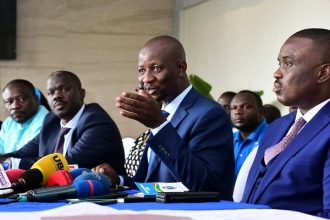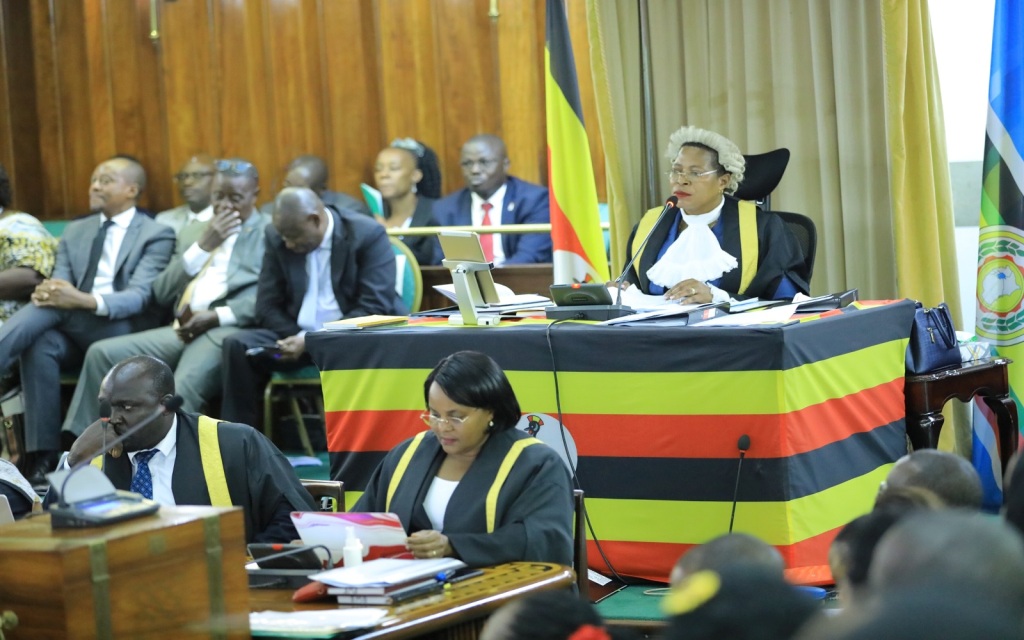LONDON, United Kingdom
Keir Starmer is set to become the new Prime Minister of the United Kingdom, with his Labour Party expected to secure a significant number of seats in the parliamentary elections.
This follows Labour’s victory over the ruling Conservative Party, led by current Prime Minister Rishi Sunak, which has been in power for 14 years.
While some results are still being announced after Thursday’s polling, the Labour Party has already won over 326 seats in the 650-seat parliament.
Meanwhile, pre-election opinion polls indicate that the party is likely to secure nearly 410 seats.
By Thursday, the Conservative Party, under Sunak’s leadership, had only secured 70 seats, marking what was predicted to be its worst electoral performance in its lengthy history.
As Members of Parliament in the UK are the ones who elect the Prime Minister, it is clear that Starmer, the Labour Party leader, will be appointed to the position.
Analysts suggest that voters punished the Conservative Party due to rising living costs, declining public services, and a series of scandals.
“Tonight, people here and across the country have spoken and are ready for change, to end the politics of competition and restore politics seen as public service,” Starmer said after winning his London seat.
“Change begins here… You have voted. Now it’s our turn to get to work.”
Prime Minister Sunak accepted defeat and promised to call Starmer to congratulate him on his victory.
“Today power will be transferred peacefully and orderly, with goodwill from all sides,” he said after retaining his seat.
“There is much to learn and reflect on, and I am accountable for the defeat of many Conservative candidates… I apologize,” he added.
Despite securing a major victory, opinion polls have shown lukewarm enthusiasm for Starmer or his party.
Moreover, he takes office at a time when the UK faces a series of significant challenges.
Tax rates are expected to be the highest in the country since shortly after World War II, with the national debt burden approaching total national income annually.
Living standards have declined, and public services have deteriorated, especially the cherished National Health Service, which has been plagued by frequent strikes.
Starmer has already had to temporarily halt some of Labour’s major plans, such as investment in clean energy projects and not increasing taxes on “workers.”
Support for the Conservative Party was further affected by the Reform UK party led by Nigel Farage, who spearheaded the campaign for the UK to leave the European Union.
Farage opposed Conservative policies on immigration.
Meanwhile, Starmer has promised to reverse the Conservative’s contentious policy of sending immigrants to Rwanda.
However, he will face pressure to find a solution to the plight of thousands of migrants entering the UK by boat.
Election Results
| Party | Seats Won (Projected) |
|---|---|
| Labour | 326 (Expected 410) |
| Conservative | 70 |
Challenges Facing Keir Starmer
| Challenge | Impact |
|---|---|
| High tax rates | Economic burden |
| Declining living standards | Public dissatisfaction |
| NHS strikes | Healthcare disruption |
Political Responses
| Party | Policy Reversal |
|---|---|
| Reform UK | Anti-immigration stance |
| Labour | Halt to major policy initiatives |



















